Blog
Read the latest reflections and insights about human rights and the economy, written by our team and partners around the world.
Showing 61 to 90 of 209 results

Confronting COVID: How Civil Society is Responding Across Countries | New Zealand
Paul Hunt, Chief Human Rights Commissioner for Aotearoa New Zealand, narrates how the institution faced the human rights emergency brought on by the pandemic.

Confronting COVID: How Civil Society is Responding Across Countries | Mexico
Máximo Ernesto Jaramillo-Molina of Fundar, Center of Analysis and Research explains the policy responses needed to respond to the pandemic in Mexico.
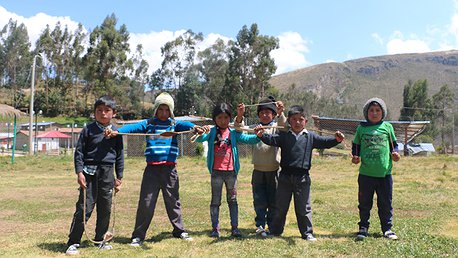
Fiscal justice and human rights: strengthening collective counterpower for a transformative recovery in Latin America and the Caribbean
Latin America will be the region most affected by the COVID-19 pandemic, suffering its worst crisis in the last hundred years ,and the impacts will affect a region that already suffers severe inequality.
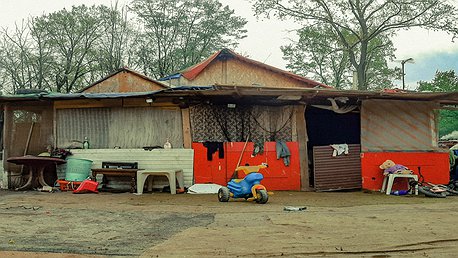
Confronting COVID: How Civil Society is Responding Across Countries | Serbia
Danilo Ćurčić discusses how in a country where nearly one quarter of the population is at risk of poverty, the pandemic has had devastating consequences on already marginalized communities.
_1.jpg.458x258_q85_box-0%2C386%2C1214%2C1068_crop_detail.jpg)
COVID-19: Recovering Rights Series
How might our economies be transformed in the wake of COVID-19 if our rights and dignity were placed at their center? The Recovering Rights series aims to spark collective debate on this question.

Confronting COVID: How Civil Society is Responding Across Countries
Our “Confronting COVID” blog series shares experiences of partners and allies in responding to the economic fallout of the pandemic.
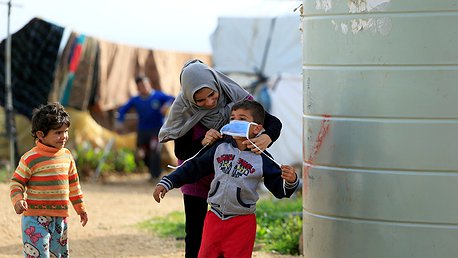
Confronting COVID: How Civil Society is Responding Across Countries | Minority Rights
Joshua Castellino from Minority Rights Group discusses the impact COVID-19 has had on minorities by reinforcing inequalities, while also providing a way to shift these paradigms going forward.

Confronting COVID: How Civil Society is Responding Across Countries | Brazil
The Fight for Human Rights in the Context of COVID-19: a tough ride for Brazilian civil society organizations. Guest blog by Livi Gerbase, policy advisor at the Instituto de Estudos Socioeconômicos (INESC).

Confronting COVID: How Civil Society is Responding Across Countries | Uganda
Angella Nabwowe Kasule, of Uganda's Initiative for Social and Economic Rights, calls on the Ugandan government to allocate enough funding for rights-affirming public services.
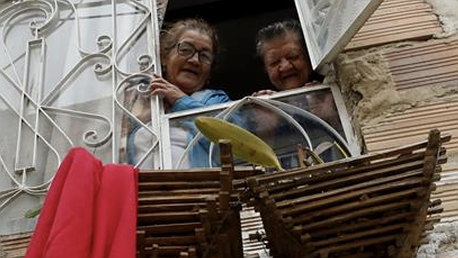
Confronting COVID: How Civil Society is Responding Across Countries | Colombia
Dejusticia's Alejandro Rodríguez Llach discusses the need for more comprehensive, rights-affirming income protections for Colombia's most vulnerable citizens, post-COVID.
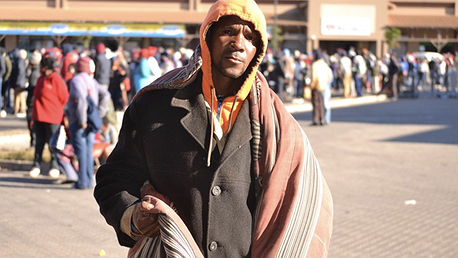
Confronting COVID: How Civil Society is Responding Across Countries | South Africa
Carilee Osborne and Pamela Choga of the Institute for Economic Justice discuss the South African government's inadequate response to COVID-19 and argue for a fundamental economic transformation that ensures human rights.

Confronting COVID: How Civil Society is Responding Across Countries | Scotland
Alison Hosie, of the Scottish Human Rights Commission, argues for using human rights principles to shape the Scottish budgetary process, in order to "build back better."
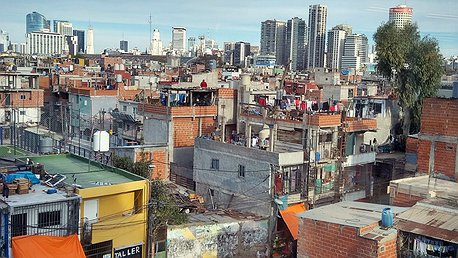
Confronting COVID: How Civil Society is Responding Across Countries | Argentina
Julieta Izcurdia of ACIJ argues for centering the rights of groups that suffer the most under COVID and for a fairer tax system in the long term.

Confronting COVID: How Civil Society is Responding Across Countries | Brazil
Grazielle David, of the Fiscal Justice Network of Latin America and the Caribbean, discusses Brazilian civil society's efforts to create fiscal space for rights funding in the face of longstanding austerity and the federal government's lack of coordinated responses to the pandemic.
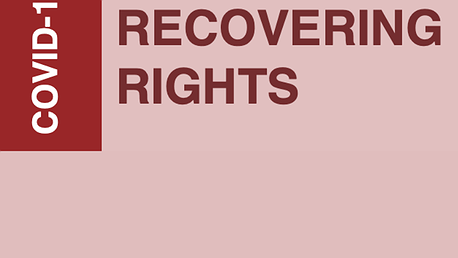
COVID-19: Recovering Rights Series
"COVID-19: Recovering Rights" series aims to spark collective debate on the question of how to transform post-COVID-19 economies so rights and dignity are placed at their center.
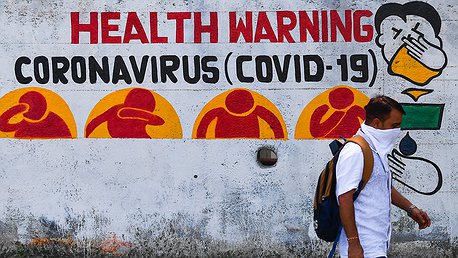
Strategy in the Time of COVID-19
As CESR takes stock of the implications of the pandemic for its longer-term organizational strategy, we reflect on the challenges and opportunities the crisis presents to leveraging human rights more effectively in struggles for economic justice.

Time for a Rights-Based Global Economic Stimulus to Tackle COVID-19
Safeguarding human rights in economic responses to the COVID-19 crisis demands governments finally lay to rest the prevailing dogma of austerity.
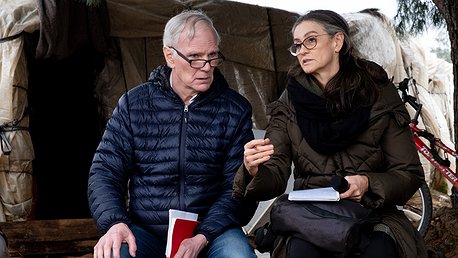
Spain: From Laggard to Leader on Social Rights?
Devastating findings of UN poverty expert’s recent visit to Spain put the new government’s commitments on social rights to the test.

Fiscal Policy, Inequality and Human Rights in Peru
Peru's success story in terms of growth and poverty reduction requires a more nuanced evaluation, given persistent inequalities and the government's failure to guarantee social rights and ensure sustainable growth through sound fiscal practices. This short video offers two compelling examples of unjustified rights deprivations caused by the country's unfair fiscal and budgetary policies: the setbacks in bilingual intercultural education policy and the lack of adequate funding for cancer policies.
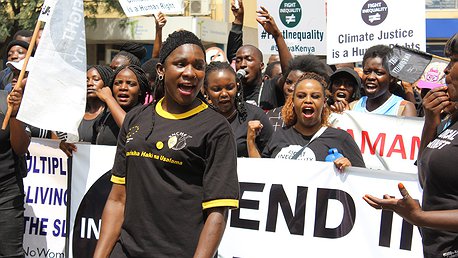
What Place for Human Rights in the Growing Movement against Inequality?
How can human rights tools and approaches help amplify the efforts and experiences of those who face inequality on a daily basis?
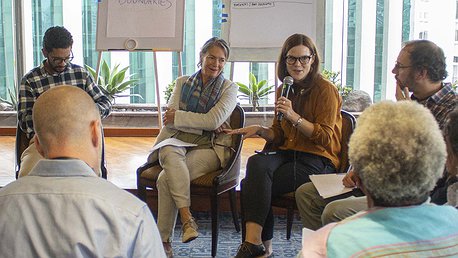
CESR Asked for Feedback to Inform Its New Strategy: This is What We Heard
CESR is grateful for survey responses from more than 30 partners and allies helping us drill down on key questions to answer as we design our next organizational strategy.

Human Rights and the Global Protests: Addressing Systems as well as Symptoms
Human rights advocates should be as concerned with the economic injustices giving rise to recent worldwide demonstrations as with the repressive responses to them.
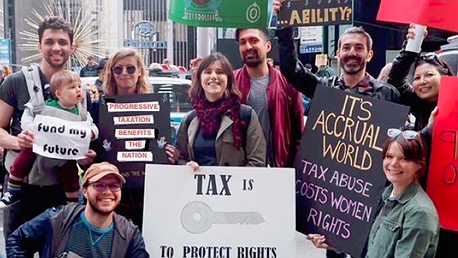
An Invitation to Help Shape CESR's New Strategy
As CESR develops its next strategic plan, Executive Director Ignacio Saiz asks for feedback to help us position ourselves for greater impact on the critical issues that inform our organizational vision.

Fiscal Policy and the Rights of Indigenous and Afro-descendant Peoples
Video from workshop in Bogotá bringing together Indigenous and Afro-descendant leaders from Peru and Colombia to discuss the links between unjust fiscal policies, extractive industries, and the rights and wellbeing of these communities..
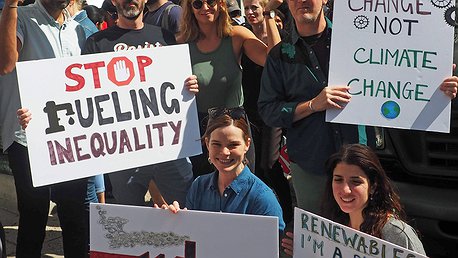
Striking at the Roots of the Climate Crisis
The climate crisis is also a human rights crisis that requires a courageous, informed and robust response from the human rights community.
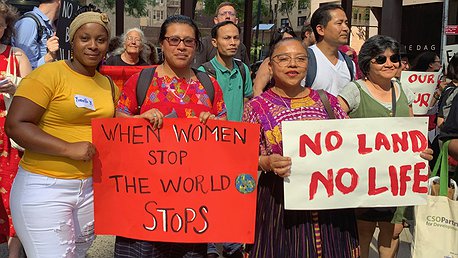
Technocratic Fiddling While the Planet Burns: Towards a Higher Level of Ambition for the HLPF
The 2019 HLPF had admirable rhetoric, but not much evidence of serious efforts at comprehensive implementation, and a host of major flaws and limitations to contend with.
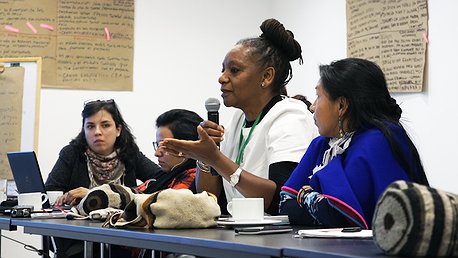
Linking Fiscal and Environmental Justice Agendas in the Andean Region
Environmental, socioeconomic and fiscal injustices in the Andean Region mutually reinforce each other, disproportionally affecting the rights and wellbeing of Indigenous peoples and Afro-descendant communities.
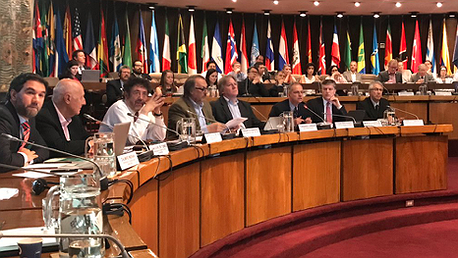
The State of Tax in Latin America: Massive Evasion and Avoidance Block Human Rights and Development
States are obligated to mobilize their maximum available resources to progressively advance rights and reduce disparities between the wealthy and the most disadvantaged.
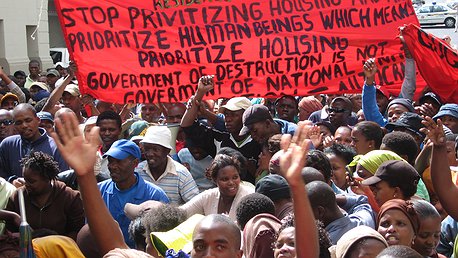
Legacies of apartheid: South African austerity perpetuates the inequalities of decades past
The South African government’s adoption of austerity measures now perpetuates many of the same inequalities that apartheid upheld many years ago.
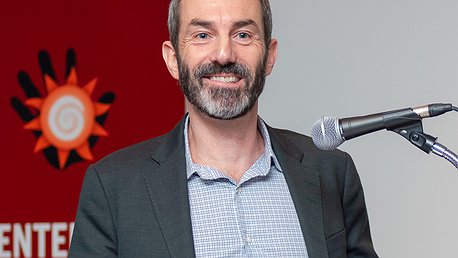
Milestones and tipping points
As 2018 ends, Executive Director Ignacio Saiz discusses the 70th anniversary of the UDHR and the 25th anniversary of CESR, both celebrated this year, as well as CESR's work supporting the UDHR's agenda of social and economic justice.